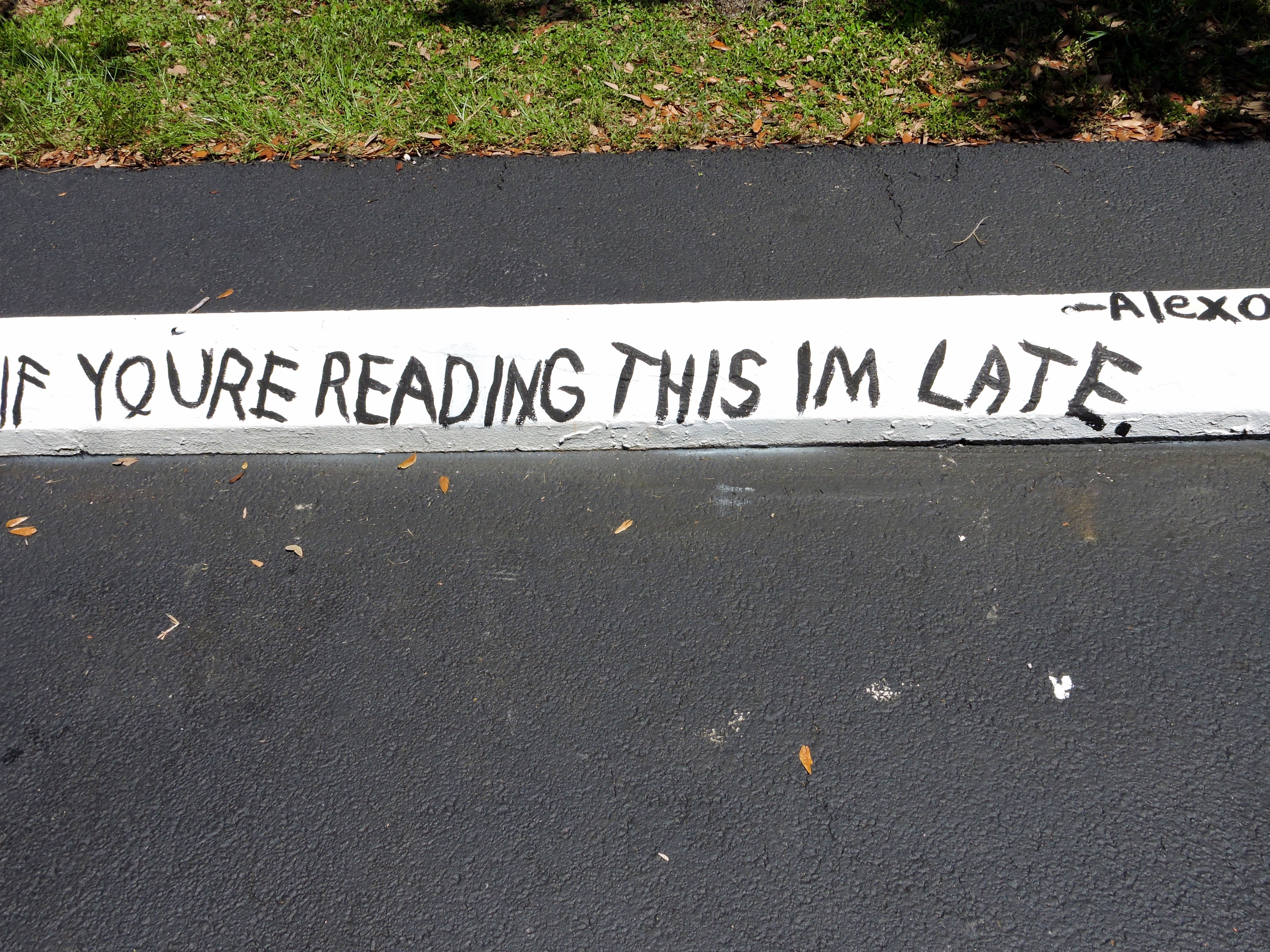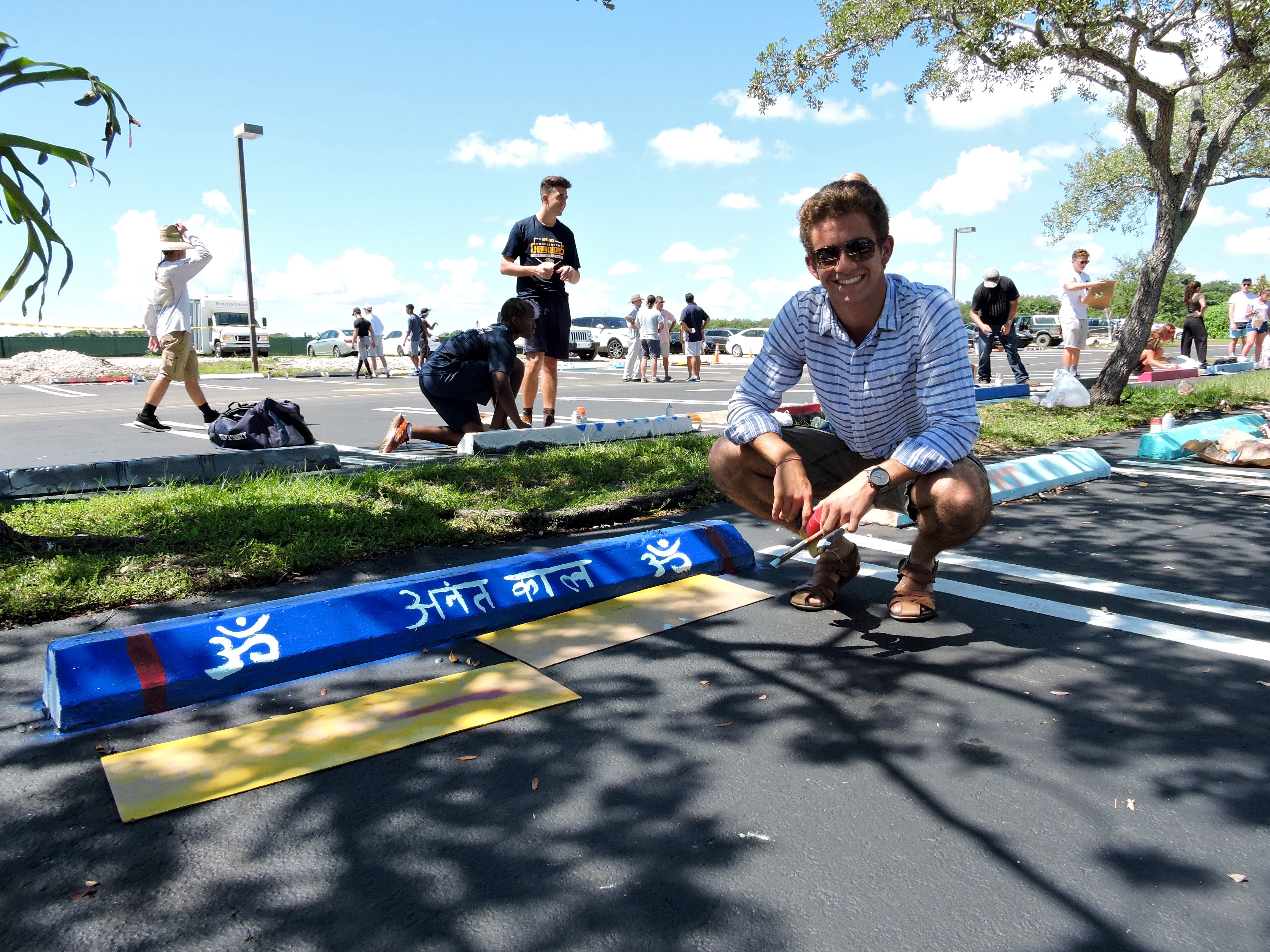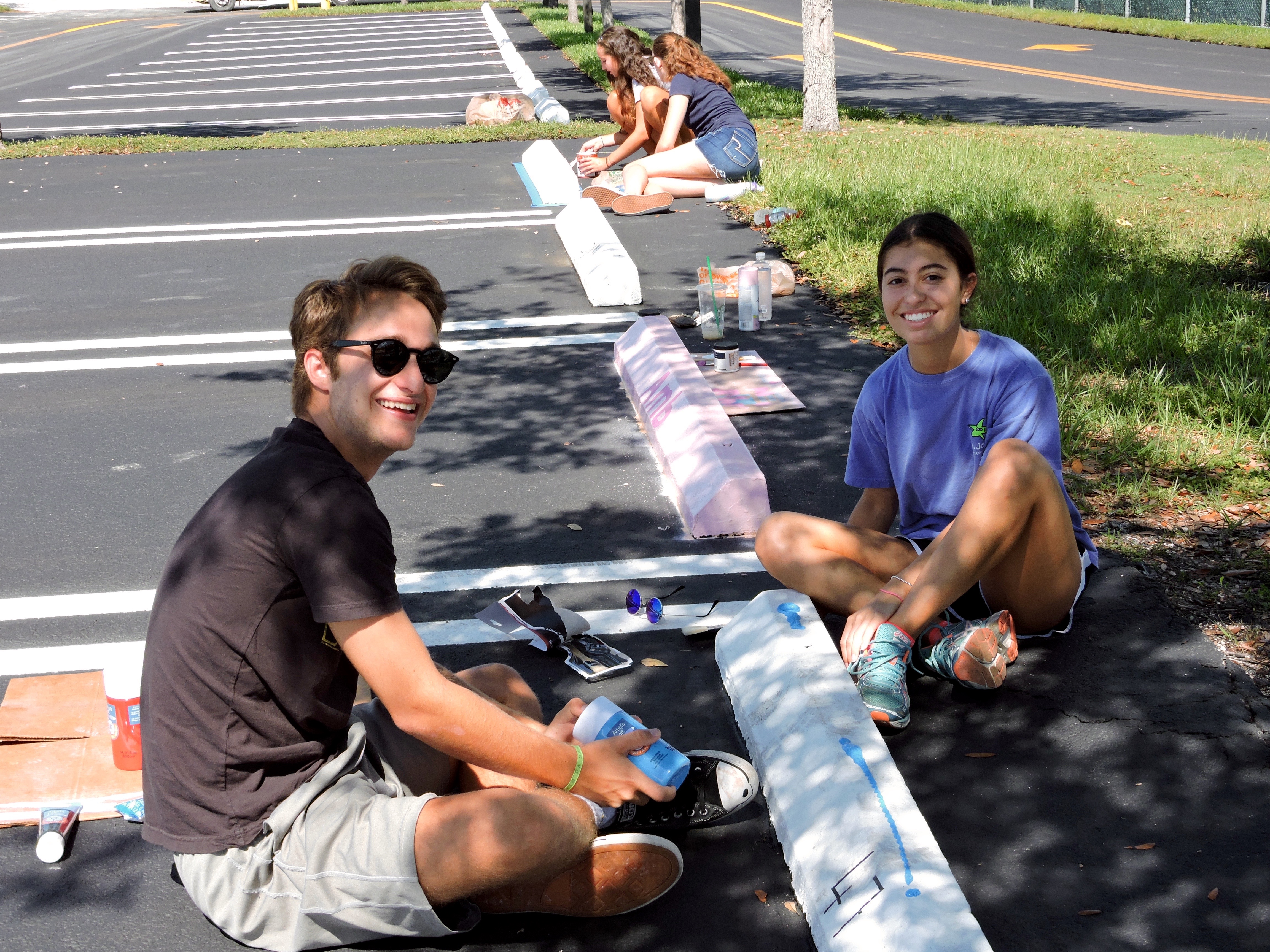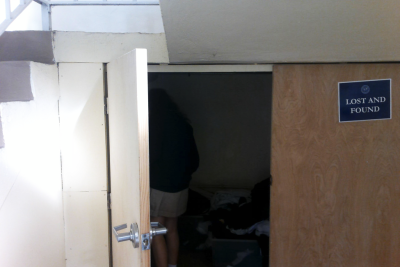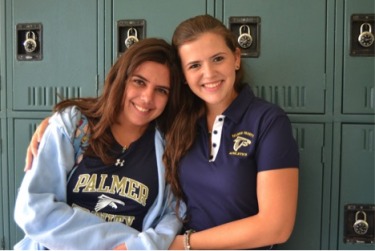Interview with Tracy Nolan, Debris Free Oceans
 Monday, October 10, 2016 at 1:19PM
Monday, October 10, 2016 at 1:19PM By: PTS Falconer
Interviewer: Manuel Real '17
Manuel, a Falconer Staff member, interviewed Tracy Nolan, the Educational Director of Debris Free Oceans. Debris Free Oceans is a Florida nonprofit corporation whose mission statement, found on their website, is to “inspire local communities to responsibly manage the lifecycle of plastics and waste as part of a global initiative to eradicate marine debris from our beaches, reefs, and oceans.” One of their many programs available is a Marine Debris Education presentation at the middle and high-school level, Palmer Trinity being among them.
How can we be we reduce plastic production and pollution?
If we increase awareness about the problem with pollution in wild life, then we can help reduce the demand of plastic and other types of products causing less and less items being created and therefore reduce pollution.
What are some of the dangers of Ocean pollution to both humans and animals?
Plastic can be dangerous in two ways. One is entanglement with fishing lines or plastic soda can holders. When an animal is entangled it can expend its energy trying to escape and die of starvation or exhaustion. The second is ingestion where the animal will eat the plastic. Sea turtles might believe a plastic bag is a jellyfish and then eat it which makes it feel full but instead it will poison the animal and can starve or choke the animal.
What were the worst things that have happened because of pollution?
There was an incident in the U.K that caused 12 sperm whales to beach up because they had been affected by the pollution. Another incident included Albatross birds in the Pacific colony taking the pollution to their nest and killing off the entire colony.
What drove you to want to save the ocean from pollution?
“I love to see change in community and to help reduce pollution in any way I can.”
“If I can help teach even one student then a domino effect can occur and help spread awareness through the community and hopefully reduce pollution in the world.”
You can learn more about Debris Free Oceans at www.debrisfreeoceans.org.




